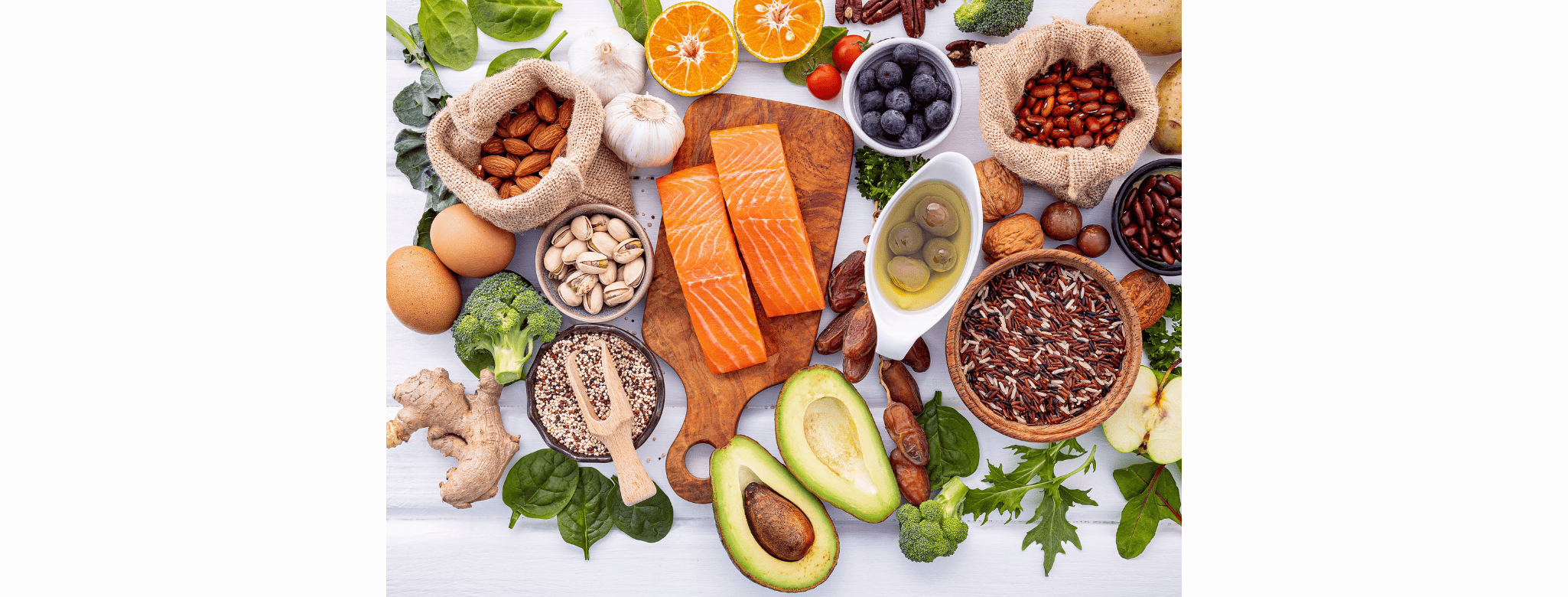Nutrition for Postpartum Recovery

By Jessica Long, MS, RD, LDN
Pregnancy, labor and delivery, and the postpartum period are filled with conflicting opinions on the ‘right’ way to navigate each stage. Should you take a prenatal vitamin with folic acid or is methylfolate superior? Should you eat cold cuts or warm them up in the microwave first? Should you get the epidural or try for an unmedicated labor? Should you breastfeed or use formula?
There’s no shortage of opinions, and, unfortunately, increasing division, surrounding what should be one of life’s most powerful and magical experiences: growing a child and bringing it into the world.
Regardless of the method of delivery (medicated vs. unmedicated, vaginal vs. c-section), everyone who birthed a child is united in experiencing the mystifying, brilliant, and challenging process of growing a baby and thereby carrying that ever-growing baby until it finds the way into its mother’s longing arms.
Throughout the many months of pregnancy, a woman’s body undergoes significant stretching, especially in the core and pelvic muscles, which expand to accommodate a growing uterus. During labor and delivery, muscle tissues continue to be stretched, or, in the case of a C-section or episiotomy, cut.
As important as proper nutrition is for a mother during pregnancy, there is much less attention paid to her nutritional needs in the postpartum period, despite the fact that her body has undergone a radical transformation.
Jessica Long
Nutrition during pregnancy receives a great deal of attention, and rightly so. Research shows that a pregnant mother’s diet can impact not only the baby’s immediate health but also shape long-term health outcomes well into adulthood.
As important as proper nutrition is for a mother during pregnancy, there is much less attention paid to her nutritional needs in the postpartum period, despite the fact that her body has undergone a radical transformation. Even as a dietitian, I often found it challenging to prioritize my own recovery, and to recognize the crucial role nutrition plays in tissue repair and nutrient replenishment, during my postpartum periods. This is, of course, unsurprising given the demands of the postpartum period.
For many, particularly those of us in the United States, this time is not only marked by little sleep due to constantly tending to the needs of a newborn, but it can also be a profoundly lonely experience due to the lack of support that is much more commonplace in other countries.

How Different Cultures Support Postpartum Nutrition
In many cultures and societies worldwide, there is significant attention paid to the weeks and months after childbirth. In Mexico, “La Cuarentena” signifies the forty days following delivery, in which a new mother is taken care of by family members; she is served soups and stews, thought to help her regain her strength.
Similarly, “Aka-chan no Seikatsu” in Japan consists of as much as six weeks of assistance (family members or hired help) and meals are specifically created to include foods that promote postpartum healing. Almost universally, societies that place an emphasis on postpartum healing and recovery include specific guidance on a postpartum woman’s nutrient intake, most frequently emphasizing warming foods, like soups, stews, and teas.
Why might these be the foods chosen since time immemorial?
Take, for example, miyeok guk, also known as Korean birthday soup. This seaweed soup is traditionally made with seaweed, beef (or mussels), garlic, soy sauce, sesame oil, spices, and water. As an aside, there is a lovely and informative children’s book about this dish called Birthday Soup by Grace Seo Chang.
What the Body Needs Postpartum
When thinking about the nutrients needed for postpartum recovery and, more specifically, for tissue healing, several come to mind, including, but certainly not limited to:
- Amino acids (the building blocks of protein) like leucine, isoleucine, and valine
- Zinc
- Omega 3 fatty acids
In looking at miyeok guk, beef contains all nine essential amino acids (protein) and is a rich source of zinc. If mussels are used instead, they provide an excellent source of both omega 3 fatty acids and amino acids; they contain a good amount of zinc as well.
Although not particularly targeted for muscle repair and synthesis, iodine plays a crucial role in thyroid function and our needs are quite high postpartum (especially for breastfeeding moms), and seaweed is one of the best sources of iodine available.
Food Choices for Optimal Postpartum Recovery
In order to prioritize tissue healing while you are newly postpartum, however, you are not limited to only seaweed soup. There are a wide variety of meals and snacks that provide you with the nourishment your body needs. See below for some inspiration!
Meals:
- Greek-style lemon chicken soup (recipe here): high in protein and zinc from the chicken breast with choline and vitamin A from the egg yolks (I’ve also made this soup in advance and it reheats beautifully!)
- Crockpot white wine chicken stew (recipe here): high in protein, zinc, and iron from the chicken thighs
- Crockpot salsa chicken (recipe here): high in protein and zinc and can be used to make burrito bowls, tacos, quesadillas, and more!
- Sloppy Janes (recipe here): high in protein, zinc, and iron from the beef (serve it over sweet potatoes or in hamburger buns)
- Sausage, kale, and white bean soup (recipe here): pork is a good source of both protein and zinc, and the kale and white beans provide fiber which can be helpful for postpartum constipation
Snacks:
- Beef jerky
- Hard boiled eggs
- Energy balls (I have been making this recipe weekly for over a year; feel free to omit the brewer’s yeast)
- Trail mix
- Greek yogurt
- Oatmeal (mix in ground flaxseeds for a good source of omega 3 fatty acids!)
- Chia seed pudding
If you’ve ever gone through a postpartum (or supported a loved one through it), you know firsthand how demanding it is. Not only has your body been profoundly stretched and transformed to bring your little one into the world, but you’re now also responsible for caring for that very child.
I hope that this article encourages you to pause and reflect on how you can take care of you in the postpartum period–because your healing, nourishment, and well-being matter just as much as your baby’s.
About Jessica Long, MS, RD, LDN. Jessica is a provider at Lutz, Alexander & Associates Nutrition Therapy. Jessica provides nutrition therapy to individuals with eating disorders and disordered eating. Her therapeutic approach is rooted in compassionate curiosity, and she enjoys partnering with her clients on their journey towards food freedom. Additionally, she has a passion for supporting moms through all stages of motherhood (from preconception to postpartum). With a deep understanding of the complexities surrounding conditions such as hypothalamic amenorrhea, prenatal nutrition, gestational diabetes, and postpartum care, she provides compassionate, evidence-based guidance that promotes long-term wellness for both mother and child. Jessica sees clients in our Wake Forest office and via telehealth.
Spread the word
Medical Disclaimer: All content found on the HER Health Collective Website was created for informational purposes only and are the opinions of the HER Health Collective experts and professional contributors. The Content is not intended to be a substitute for professional medical advice, diagnosis, or treatment. Always seek the advice of your physician or other qualified health providers with any questions you may have regarding a medical condition. Never disregard professional medical advice or delay in seeking it because of something you have read on this Website. If you think you may have a medical emergency, call your doctor, go to the emergency department, or call 911 immediately.
